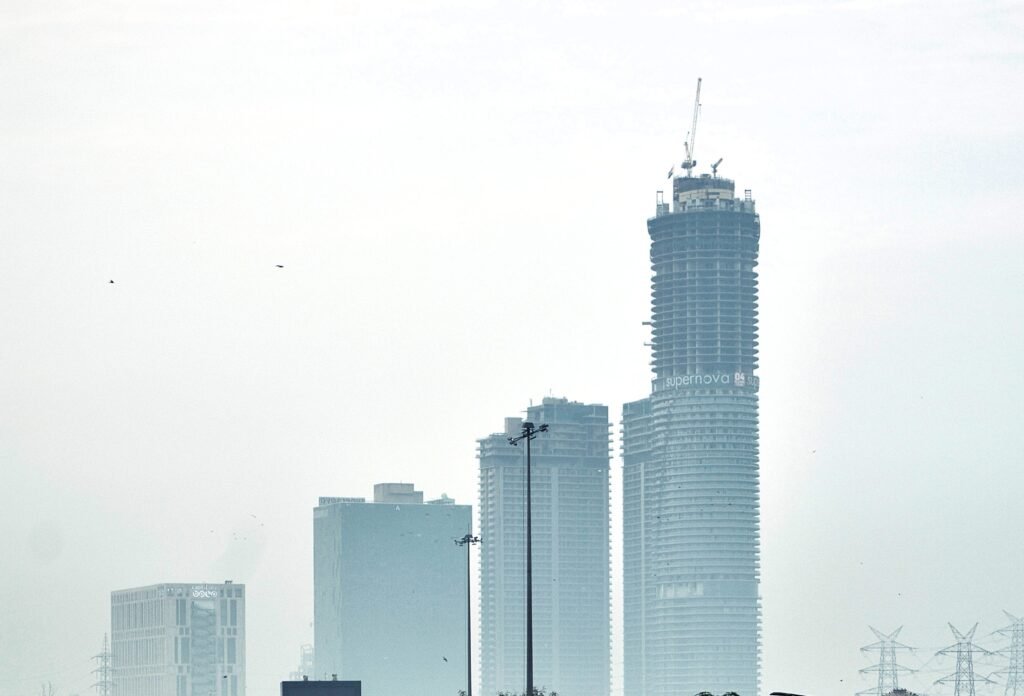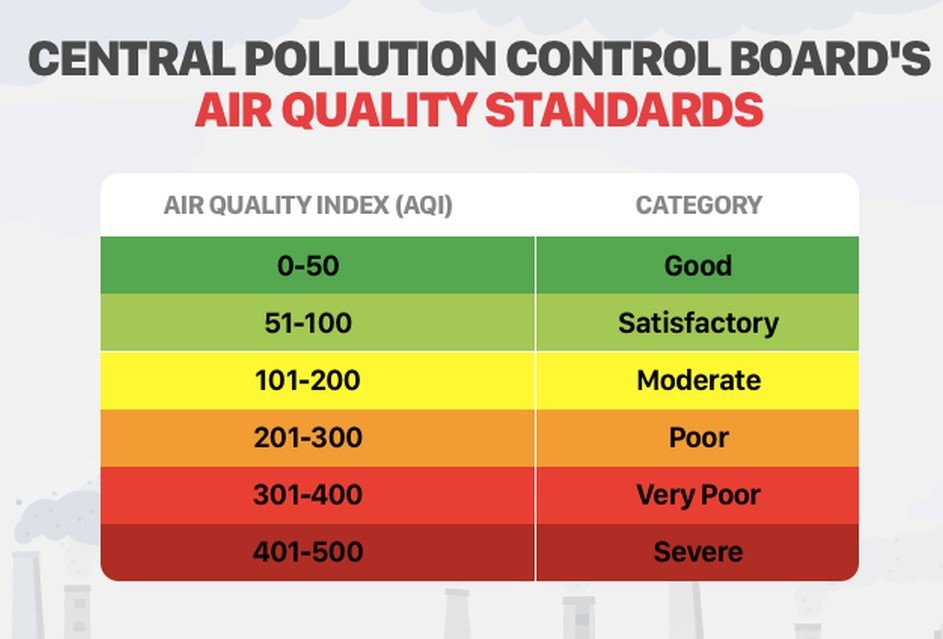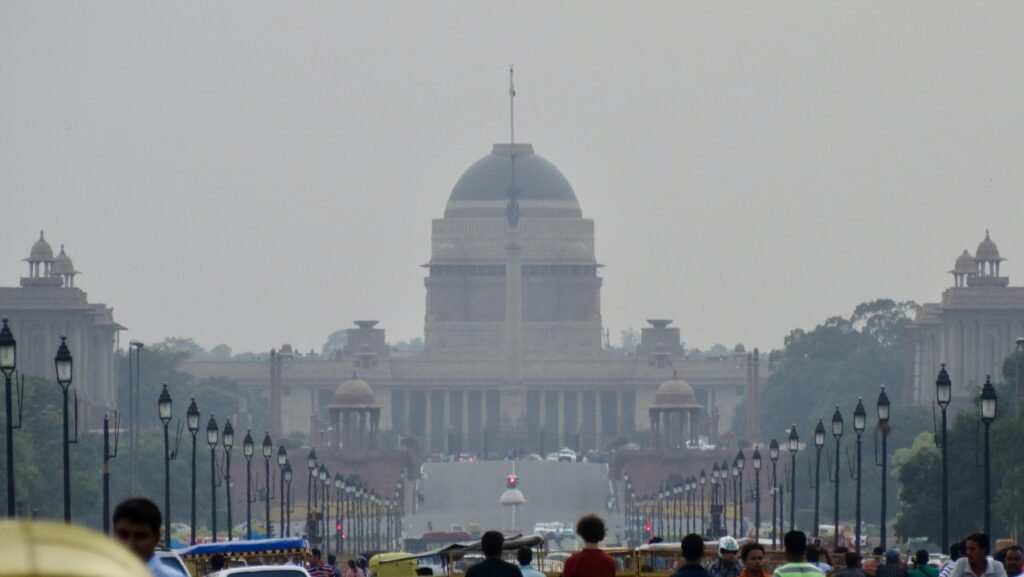Noida: Delhi’s air quality deteriorated to the “very poor” category on Saturday and is predicted to worsen further due to unfavourable meteorological conditions, according to weather monitoring agencies.
The city’s 24-hour average Air Quality Index (AQI) stood at 304, worsening from 261 (poor category) on Friday, according to the Central Pollution Control Board.
It was 256 on Thursday, 243 on Wednesday and 220 on Tuesday.

The AQI was 286 in neighbouring Ghaziabad, 268 in Faridabad, 248 in Gurugram, 284 in Noida, and 349 in Greater Noida.
An AQI between zero and 50 is considered ‘good’, 51 to 100 ‘satisfactory’, 101 to 200 ‘moderate’, 201 to 300 ‘poor’, 301 to 400 ‘very poor’, and 401 to 500 ‘severe’.
According to the Centre’s Air Quality Early Warning System for Delhi, the city’s air quality deteriorated to the ‘very poor’ category due to slow wind speed at night and a dip in temperatures.

The air quality is expected to remain very poor till the end of the month, it said.
Unfavourable meteorological conditions and a cocktail of emissions from firecrackers and paddy straw burning, in addition to local sources of pollution, push Delhi-NCR’s air quality to hazardous levels during winter.
According to an analysis conducted by the Delhi Pollution Control Committee, the capital experiences peak pollution from November 1 to November 15 when stubble burning incidents in Punjab and Haryana peak.

While Delhi is facing a sharp decline in air quality in the coming days, crucial data that helped the government prepare a strategy to mitigate the air pollution problem is missing.
The Ministry of Earth Sciences’ System of Air Quality and Weather Forecasting and Research, which provided data about the contribution of smoke from farm fires to Delhi’s air pollution, has not been providing updates, and associated officials are unaware of the reason.
PTI
